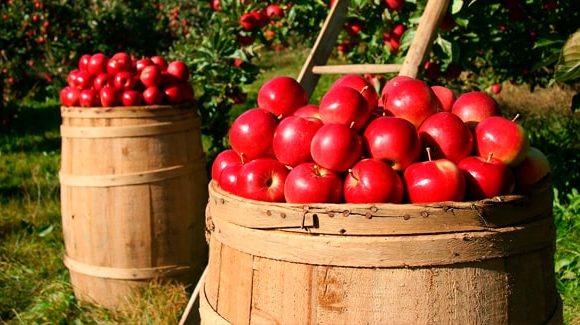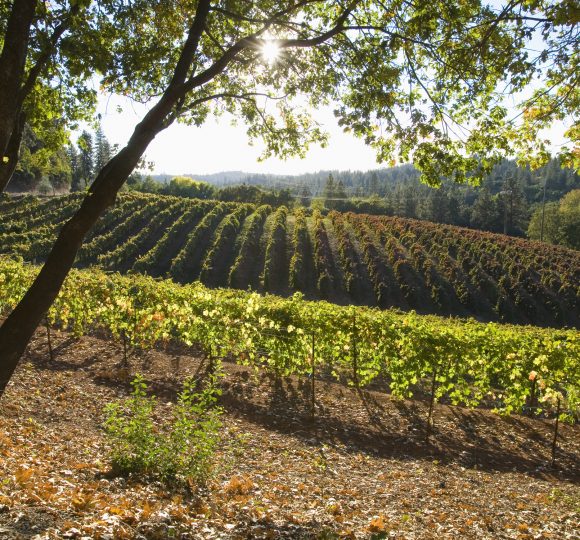Environmental issues are a major concern for U.S. agricultural producers. All across the country, farmers are taking inventory of their operations in an effort to identify and correct farming practices that have the potential to degrade land and water resources. The desire to farm more responsibly has caused a revolution of sorts in many agricultural communities, with farmers adopting environmentally friendly techniques at an unprecedented rate. This trend toward a renewed environmental responsibility is commonly referred to as sustainable agriculture.
Sustainable agriculture is a term best defined by its component practices. These can be any farming techniques that are practical, profitable and environmentally sound. When used together, sustainable practices form a sustainable farming system, one that is highly integrated, biologically diverse and, above all, flexible.
Farmers who embrace the concept of sustainability believe in stewardship and longterm care of the land. They understand there is a fine line between using the land and abusing it. They are also keenly aware that how they manage the farm today will have a lasting impact on the quality of life for future generations.
In 1991, American Farmland Trust and the Michigan Agricultural Stewardship Association began a cooperative effort to help 15 farmers experiment with and adopt some of the component practices of sustainable agriculture. In its second year, the 1992 Michigan Sustainable Agriculture Project established 25 on-farm research/demonstration sites at locations throughout the state with cooperating producers. These on-farm plots were designed to address farm management problems with an emphasis on reducing impacts to water quality, preventing soil erosion, improving farm profitability and protecting the rural environment.
The information presented in this publication was collected from cooperating producers throughout the year. Its purpose is to give the reader an idea of what sustainable agriculture means when component practices are applied to actual farming operations. Also, it may help producers better understand how the concept can work on many different types of farms.
One final note. Any new practice or farming technique should be applied incrementally. In other words, if something in this publication appears applicable to your farm, don’t convert your whole operation overnight. Try it first on a small scale (a couple of acres, or less) before proceeding further. Remember, most of the material in this publication documents what happened on one farm in one given year. Experiment, evaluate and make decisions that are right for your individual operation.





